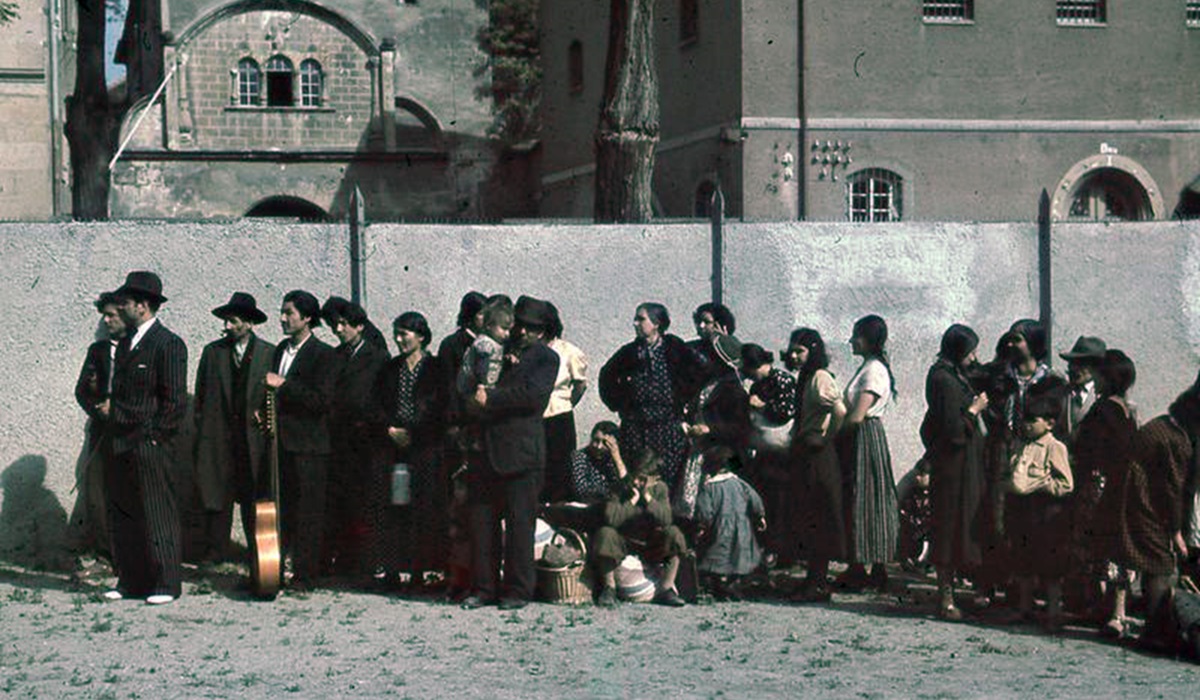Image Credit, By Bundesarchiv
Today marks the 80th anniversary of Romani Genocide Remembrance Day, a day to honor the Romani people who were victimized by the Nazi regime during World War II. This commemoration also serves as a poignant reminder of ongoing atrocities, drawing a stark parallel between past and present human rights abuses.
During the Holocaust, the Nazis perpetrated horrific violence against the Romani people, resulting in the deaths of between 220,000 and 500,000 individuals. The genocide began as part of the Nazis’ broader campaign of racial purity, targeting those deemed “racially inferior.” Romani individuals faced extreme suffering in concentration camps, forced labor, and mass executions. Recognition of these atrocities has only gained significant traction in recent decades, highlighting the enduring impact of this dark chapter in history.
As we reflect on this tragic past, we are also confronted with the ongoing conflict in Gaza, where reports of severe human rights abuses and allegations of genocide raise critical questions about the international community’s response. Despite widespread condemnation, effective action to halt the violence remains insufficient. World leaders face criticism for their inadequate measures and inaction in the face of such crises.
The current situation in Gaza underscores the urgent need for decisive global action. As we remember the Romani victims, it is crucial to address contemporary conflicts and work to prevent further suffering. The failure to act and the complicity of some nations through inaction will be judged harshly by history.
Today’s reflection on past atrocities must also fuel a renewed commitment to justice and human rights. The lessons from history should guide our response to current crises, ensuring that we do not repeat past mistakes and actively strive to prevent future atrocities.









